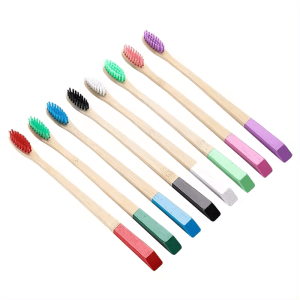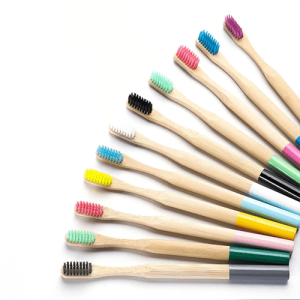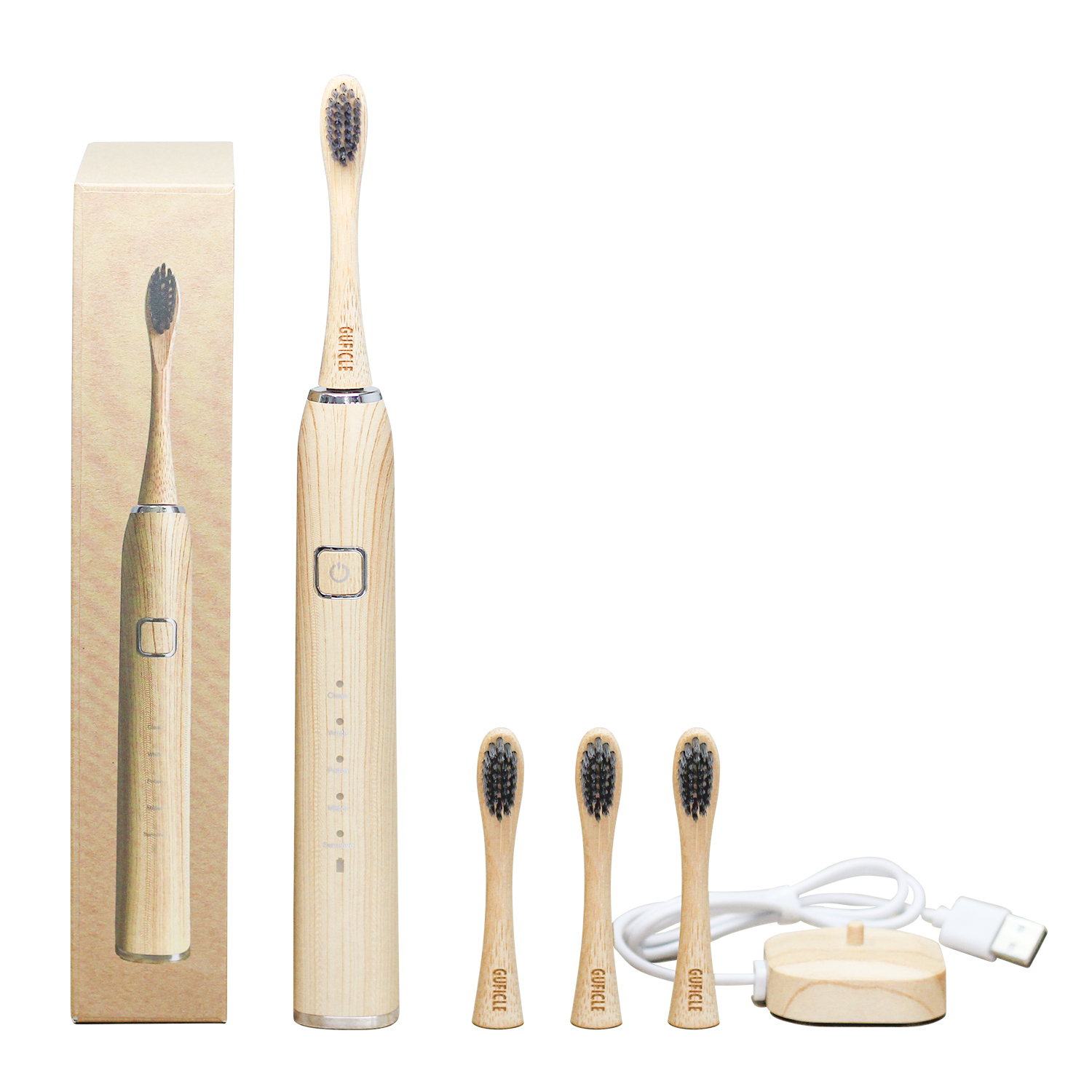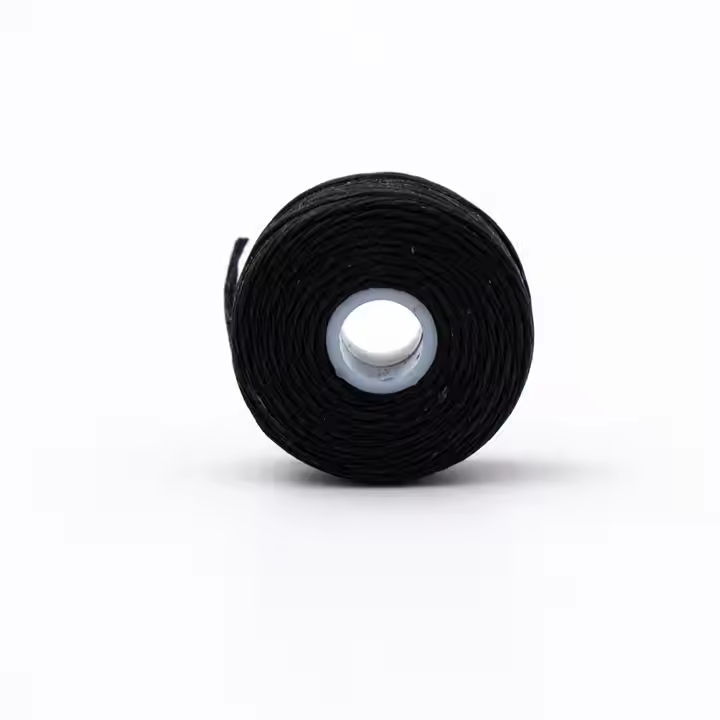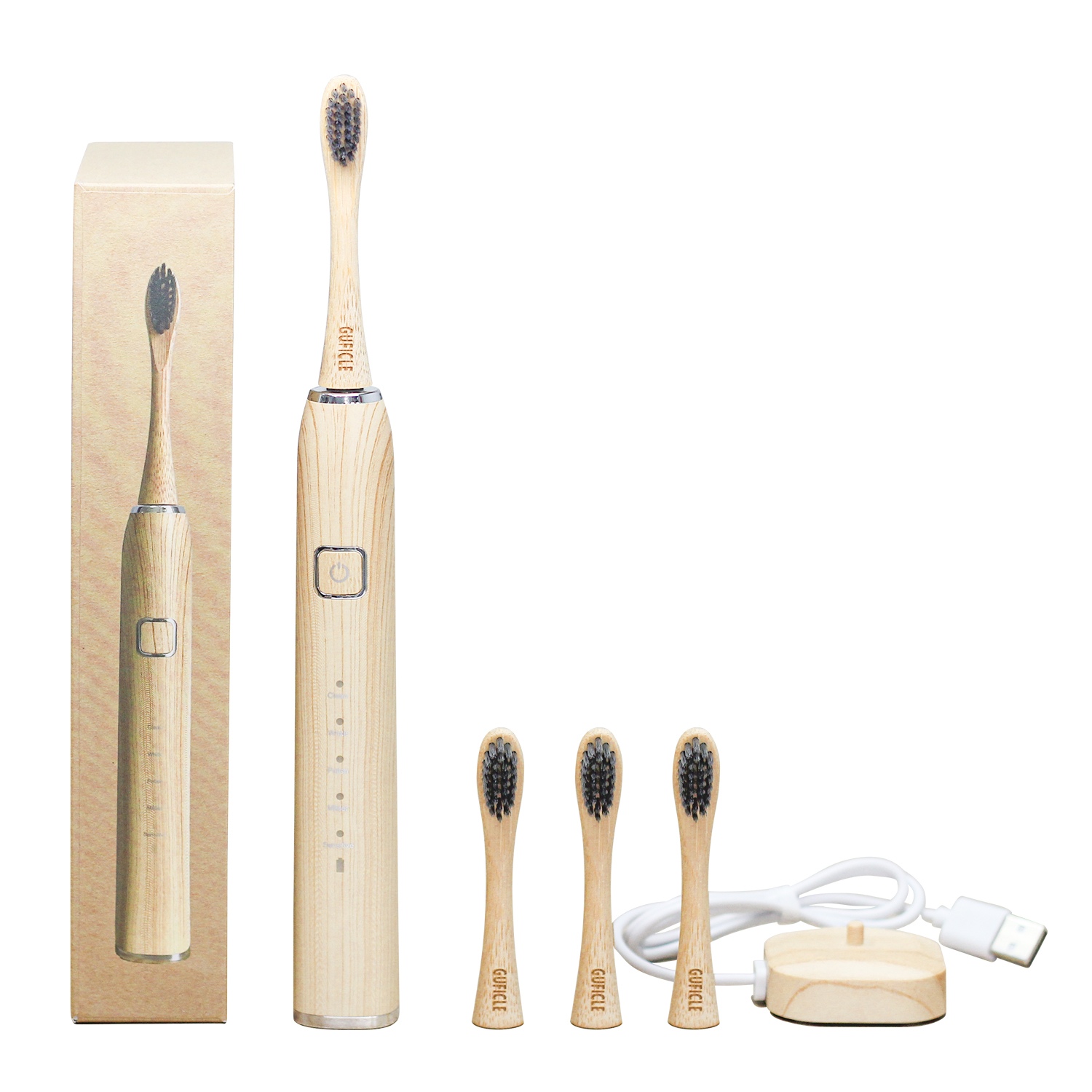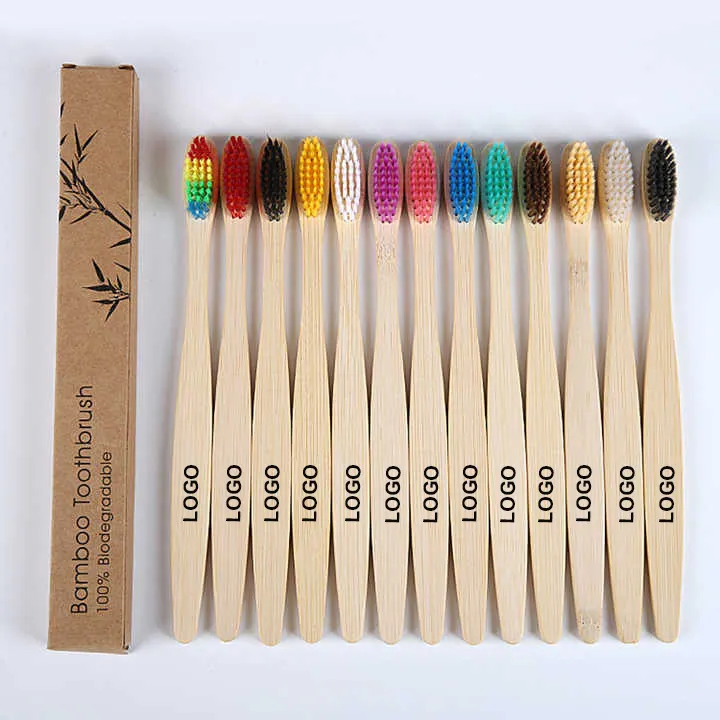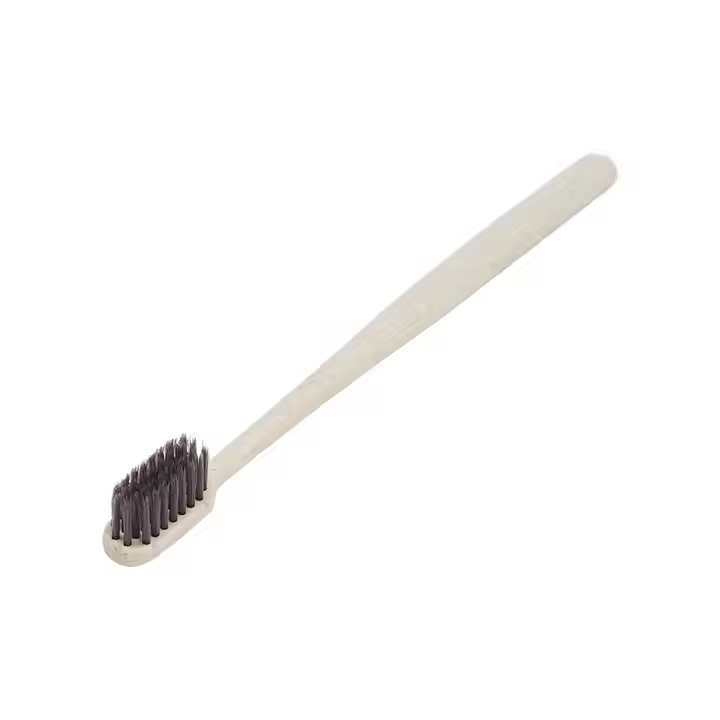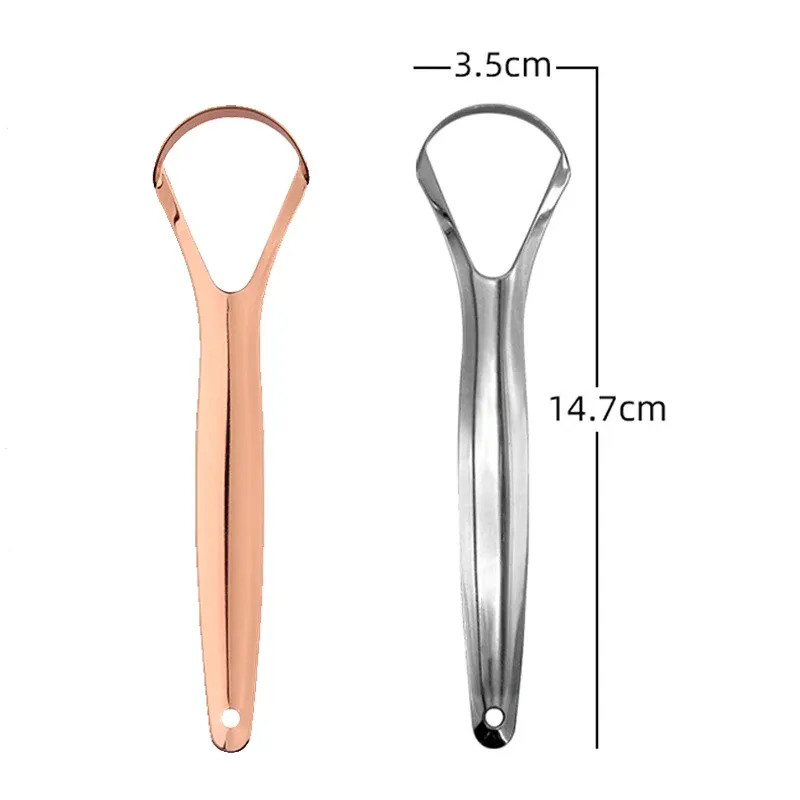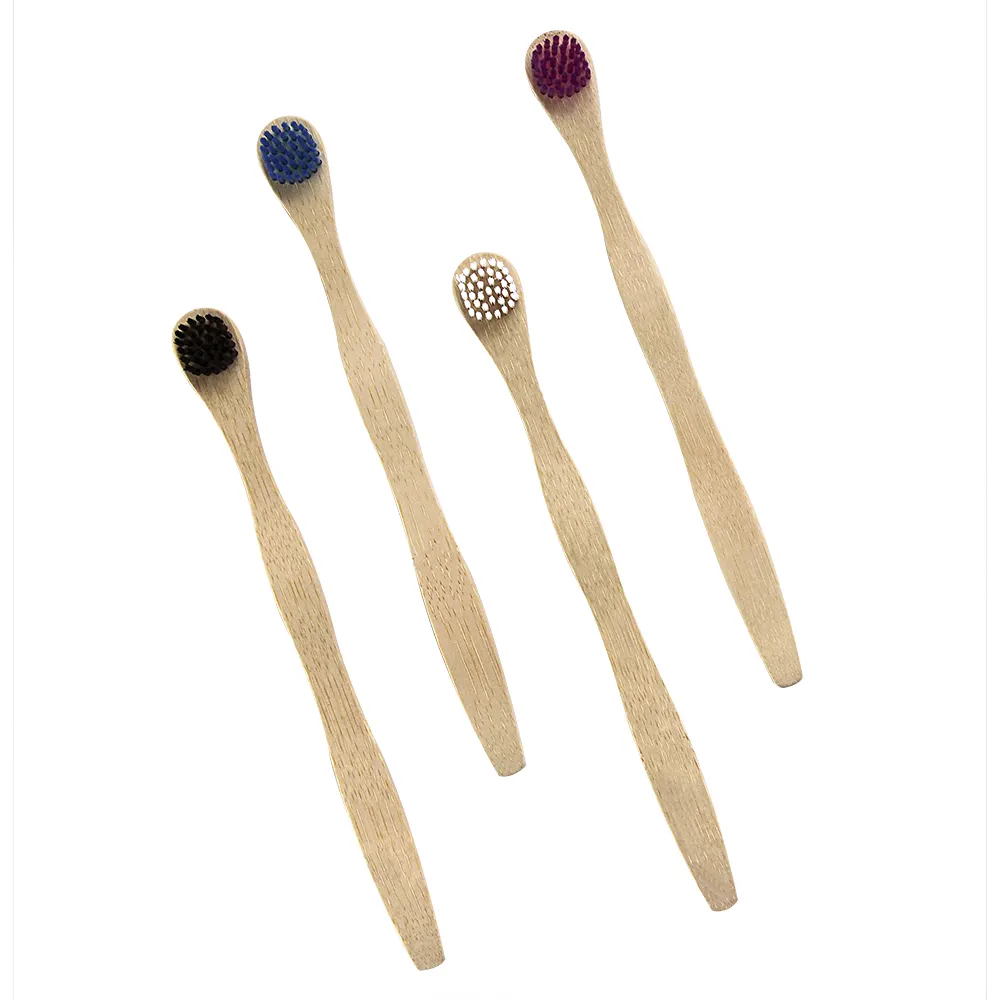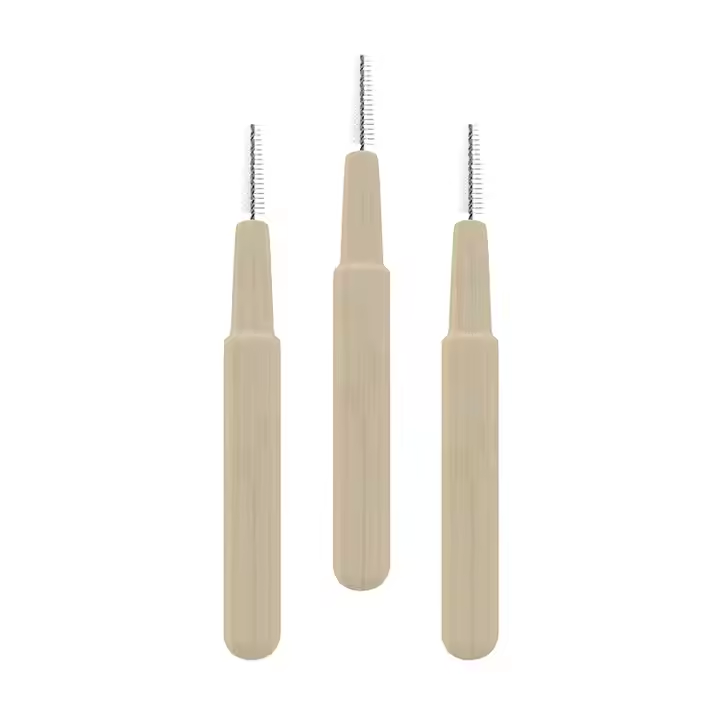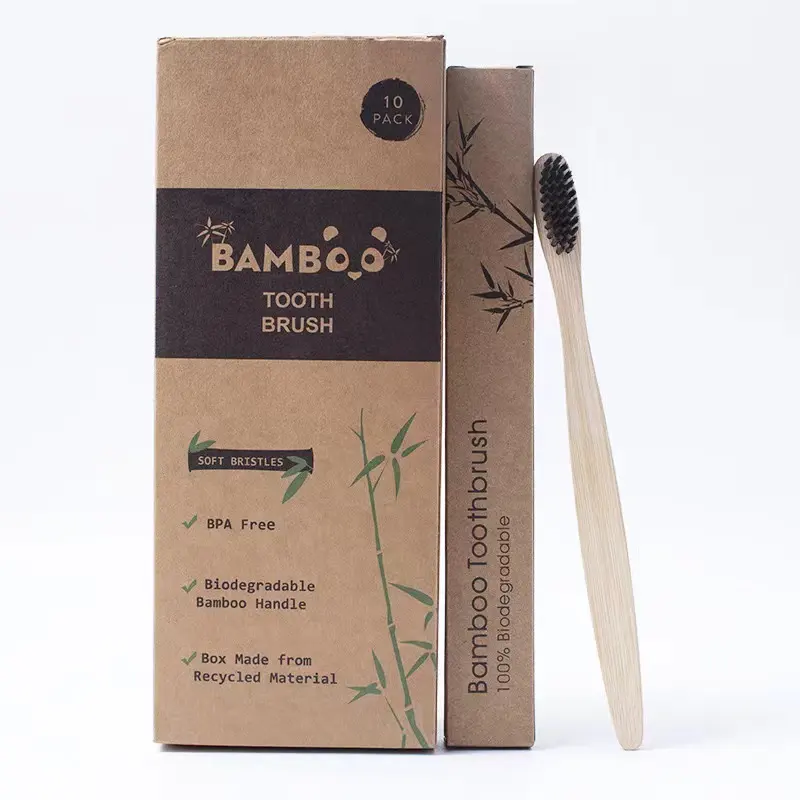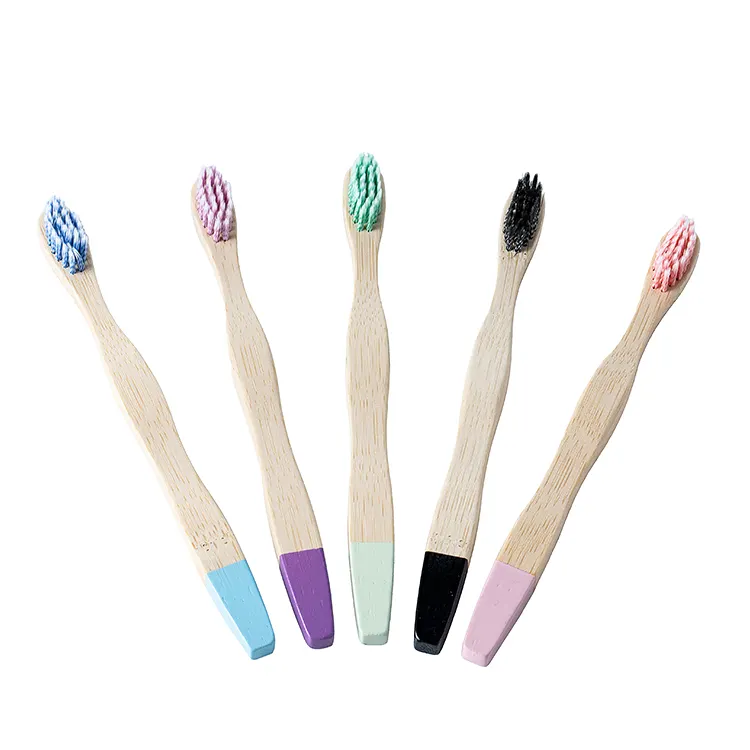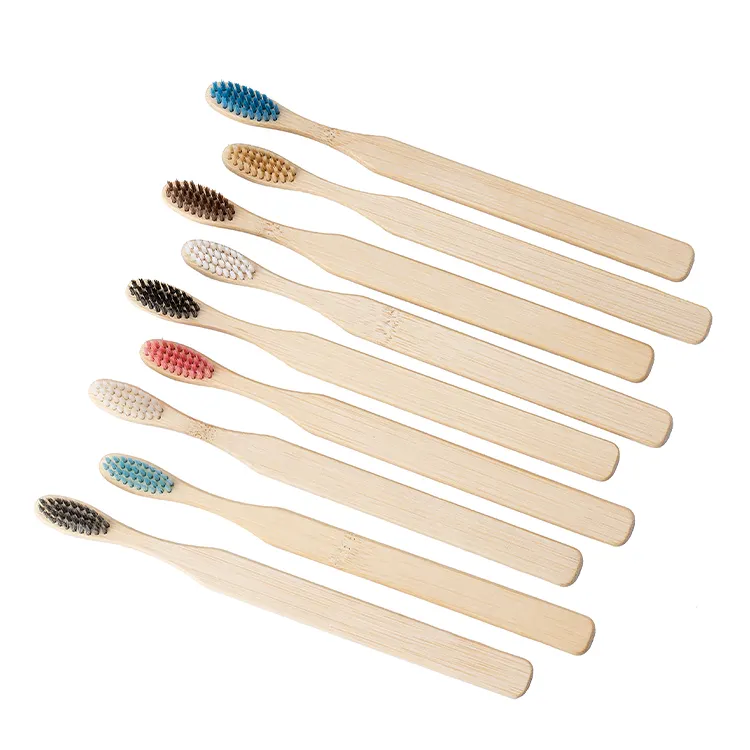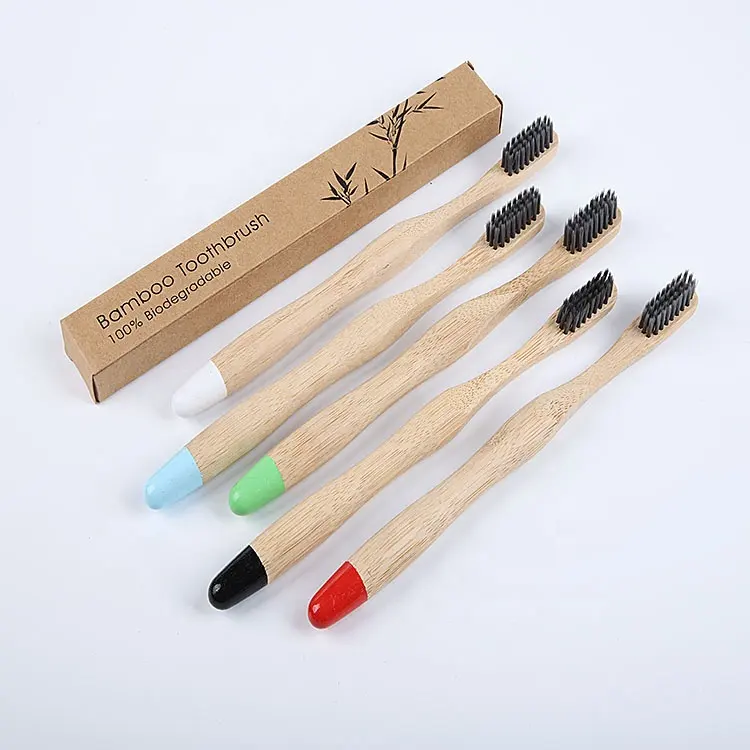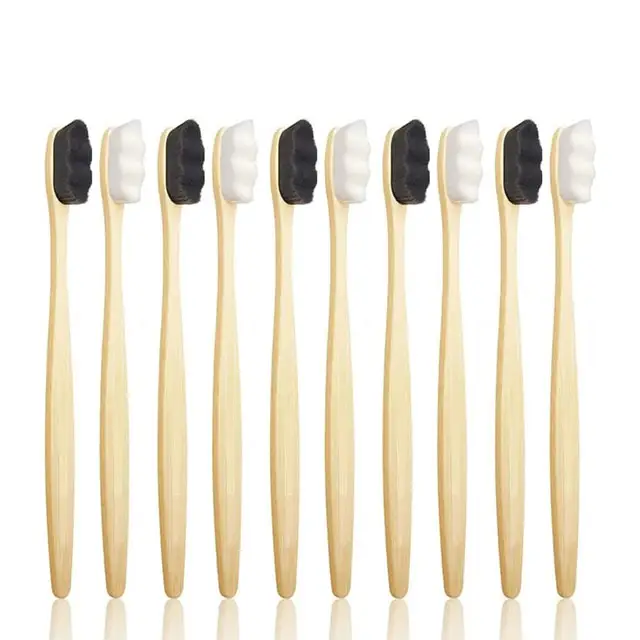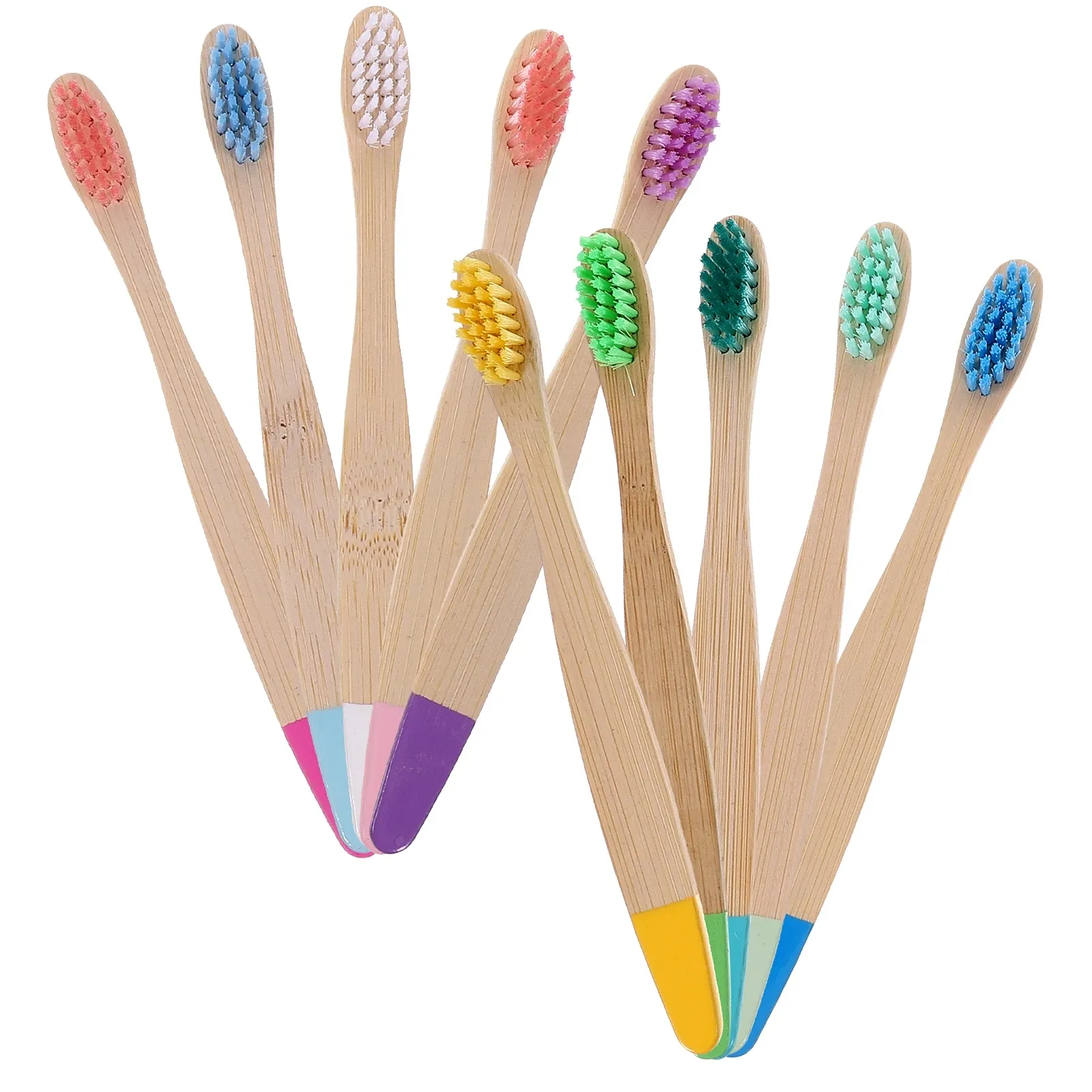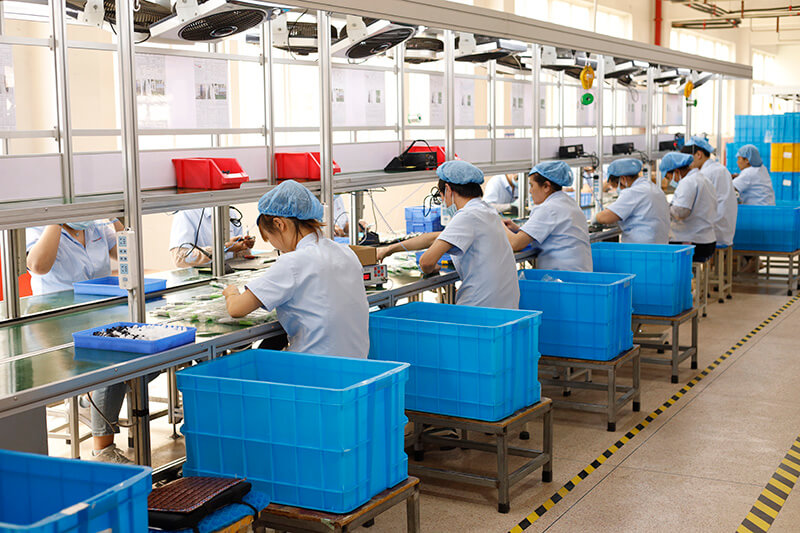Introduction: The Environmental Impact of Traditional Plastic Toothbrushes
In recent years, there has been a growing concern about the environmental impact of traditional plastic toothbrushes. As consumers become more conscious of their carbon footprint, they are seeking alternatives that are more sustainable and eco-friendly. One such alternative gaining popularity is the bamboo toothbrush.
100% Bamboo toothbrushes offer a greener solution to oral hygiene. Unlike plastic toothbrushes that can take hundreds of years to decompose, bamboo toothbrushes are biodegradable and compostable. This means that when disposed of properly, they will naturally break down without leaving behind harmful microplastics in our environment.
Furthermore, bamboo is a highly renewable resource. It grows quickly and requires minimal water and pesticides compared to other crops used for manufacturing purposes. By opting for a bamboo toothbrush, you are choosing a product that has a significantly lower carbon footprint compared to its plastic counterpart.
Not only do bamboo toothbrushes have positive environmental impacts during their lifecycle, but they also contribute to reducing plastic waste. According to studies, over 4 billion plastic toothbrushes end up in landfills every year worldwide. By making the switch to bamboo toothbrushes, we can collectively make a significant difference in reducing this alarming amount of plastic waste.
In addition to being environmentally friendly, bamboo toothbrushes are also aesthetically pleasing and durable. They often feature sleek designs and high-quality bristles that effectively clean your teeth while providing a comfortable brushing experience.
In conclusion, the rise of bamboo toothbrushes represents an important step towards minimizing our ecological footprint and addressing the issue of plastic pollution. By choosing this sustainable alternative over traditional plastic toothbrushes, we can actively contribute to preserving our planet for future generations while maintaining good oral hygiene practices at the same time.
The Benefits of Using a 100% Bamboo Toothbrush
In today’s world, where sustainability and eco-friendly practices are becoming increasingly important, using a 100% bamboo toothbrush offers numerous benefits for both individuals and the environment.
One of the primary advantages of using a 100% bamboo toothbrush is its eco-friendliness. Unlike traditional plastic toothbrushes that contribute to the growing problem of plastic pollution, bamboo toothbrushes are made from a renewable resource. Bamboo is one of the fastest-growing plants on earth, making it an ideal material for sustainable dental care.
Additionally, 100% bamboo toothbrush is biodegradable and compostable. When disposed of properly, they break down naturally without causing harm to the environment. This significantly reduces waste and helps combat the ever-increasing landfill problem associated with plastic products.
Furthermore, bamboo toothbrushes boast natural antibacterial properties. Bamboo contains an antimicrobial agent called “bamboo kun,” which helps inhibit the growth of bacteria on the bristles. This feature ensures that your oral hygiene routine remains hygienic and safe.
Moreover, choosing a 100% bamboo toothbrush supports ethical production practices. Many manufacturers prioritize fair trade principles and ensure that their products are produced in sustainable conditions while providing fair wages to workers involved in the process.
Lastly, using a bamboo toothbrush can be a small but impactful step towards reducing your carbon footprint. By opting for an eco-friendly alternative to plastic dental care products, you actively contribute to preserving our planet’s resources for future generations.
In conclusion, embracing a 100% bamboo toothbrush offers numerous benefits beyond just oral hygiene. It promotes sustainability by reducing plastic waste and supporting ethical production practices while ensuring your dental care remains effective and environmentally friendly.
– Sustainability: How 100% bamboo toothbrush is a Renewable Resource
In today’s world, where sustainability is becoming increasingly important, bamboo stands out as a remarkable resource. With its rapid growth and versatility, bamboo has emerged as a sustainable alternative to traditional materials. This section will explore the role of bamboo in sustainable production and shed light on why it is considered a renewable resource.
Sustainable bamboo production refers to the cultivation and harvesting of bamboo in an environmentally responsible manner. Unlike traditional timber, which can take decades or even centuries to reach maturity, bamboo grows at an astonishing rate. Some species of bamboo can grow up to 91 centimeters (36 inches) in just 24 hours! This rapid growth allows for frequent harvesting without depleting the resource.
Furthermore, bamboo requires minimal resources to thrive. It does not require pesticides or fertilizers for healthy growth, making it an eco-friendly choice compared to other crops that heavily rely on chemical inputs. Additionally, its extensive root system helps prevent soil erosion and contributes to improved water retention.
Bamboo’s versatility further enhances its sustainability credentials. It can be used in various industries such as construction, furniture manufacturing, textile production, and even as a renewable energy source. Its strength-to-weight ratio surpasses that of many traditional building materials like steel or concrete.
Moreover, when harvested properly from sustainably managed forests or plantations, bamboo can regrow quickly from the existing root system without the need for replanting. This ensures that the ecosystem remains intact while providing a continuous supply of raw material for various industries.
In conclusion, sustainable bamboo production offers numerous benefits for both the environment and industries relying on natural resources. Its rapid growth rate, minimal resource requirements, and versatility make it an ideal renewable resource for a wide range of applications. By embracing this remarkable plant as an alternative material choice, we can contribute to a more sustainable future while preserving our precious ecosystems.
– Reduced Plastic Waste: Making a Positive Impact on the Environment
In today’s world, where environmental concerns are at the forefront of our minds, finding ways to reduce plastic waste has become crucial. One area where significant progress can be made is in the realm of packaging. By adopting plastic-free packaging solutions, we can make a positive impact on the environment and pave the way for a more sustainable future.
Plastic-free packaging refers to the use of alternative materials that are biodegradable, compostable, or recyclable. These materials include but are not limited to paper, cardboard, glass, metal, and plant-based plastics. By opting for these eco-friendly alternatives, we can significantly reduce our reliance on single-use plastics that often end up polluting our oceans and landfills.
Not only does plastic-free packaging help minimize waste and pollution, but it also sends a powerful message to consumers. It shows that businesses are committed to sustainability and actively taking steps towards protecting our planet. This not only enhances their brand image but also resonates with environmentally conscious consumers who prefer products packaged in an eco-friendly manner.
Furthermore, embracing plastic-free packaging opens up opportunities for innovation and creativity in product design. Businesses can explore unique shapes, textures, and materials that not only captivate consumers’ attention but also align with their values of sustainability.
By making a conscious shift towards plastic-free packaging solutions, we have the potential to create a significant positive impact on our environment. Together with consumer demand for sustainable options and businesses’ commitment to change, we can work towards reducing plastic waste and creating a cleaner planet for future generations.
How to Choose the Best 100% Bamboo Toothbrush for Your Needs
In the quest for a more sustainable lifestyle, choosing eco-friendly alternatives for everyday products has become increasingly important. When it comes to oral care, one such option is the 100% bamboo toothbrush. Not only does it offer an eco-friendly alternative to traditional plastic toothbrushes, but it also provides numerous benefits for your oral health.
When selecting the best 100% bamboo toothbrush for your needs, there are a few key factors to consider. Firstly, ensure that the toothbrush is indeed made from 100% bamboo material. This ensures that no harmful chemicals or synthetic materials are present in the product.
Another important consideration is the bristles of the toothbrush. Look for options with soft bristles made from plant-based materials such as castor bean oil or bamboo charcoal fibers. These bristles are gentle on your gums while still effectively cleaning your teeth.
Additionally, pay attention to the design and ergonomics of the toothbrush. Look for a comfortable grip and a shape that suits your brushing style. Some brands even offer replaceable heads, reducing waste further.
Lastly, don’t forget to check if the brand you choose aligns with sustainable practices and values. Look for certifications such as USDA Organic or Forest Stewardship Council (FSC) certification to ensure that you are supporting a truly sustainable product.
By carefully considering these factors and selecting a high-quality 100% bamboo toothbrush, you can make a positive impact on both your oral health and our planet’s well-being. Choose sustainability without compromising on performance – make the switch to an eco-friendly bamboo toothbrush today!
